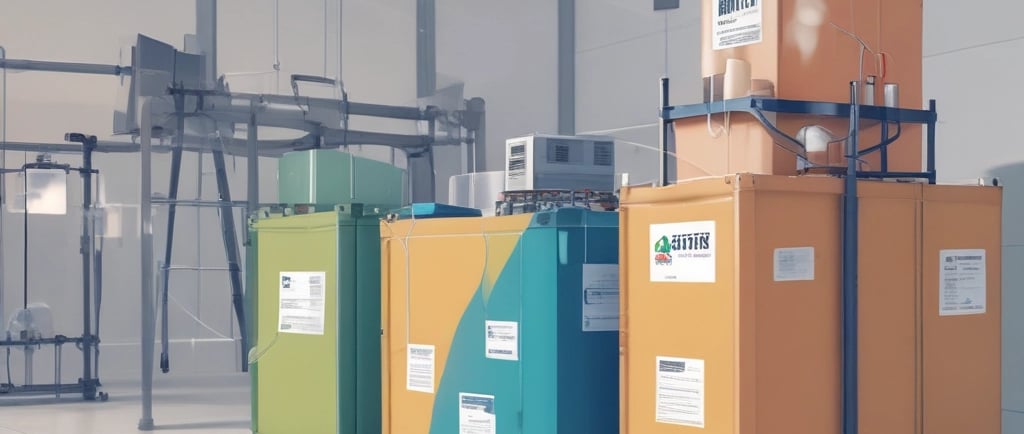Case Study Proposal: Smart Cold Chain for Vaccine Distribution
BAIoT.org proposes a smart cold chain system using Blockchain, AI, and IoT to reduce vaccine spoilage, enhance transparency, and improve public health logistics, especially in underserved regions and emergency response scenarios.
10/4/20252 min read


Case Study Proposal: Smart Cold Chain for Vaccine Distribution
Powered by Blockchain, AI, and IoT
Presented by BAIoT.org
🧩 The Challenge
Global vaccine distribution remains one of the most critical and complex logistical challenges in public health. Many vaccines are highly temperature-sensitive and require strict cold chain management from production to administration. Inconsistent monitoring, manual data entry, and fragmented systems often lead to spoilage, delays, and mistrust — especially in underserved regions where infrastructure is limited.
Key issues include:
Temperature instability during transport and storage.
Manual tracking, resulting in data gaps and human error.
Lack of transparency, which undermines trust among recipients, regulators, and donors.
These challenges not only compromise health outcomes but also increase costs and waste, particularly in regions where resources are already stretched thin.
💡 The BAIoT.org Solution
To address these challenges, BAIoT.org proposed a pilot initiative in collaboration with a regional health authority to deploy a Smart Cold Chain System powered by the convergence of Blockchain, Artificial Intelligence (AI), and the Internet of Things (IoT).
🔹 IoT Sensors
Real-time monitoring of temperature, humidity, and container conditions.
GPS-enabled tracking for route optimization and location awareness.
Automated alerts for threshold breaches to ensure immediate response.
🔹 AI Analytics
Predictive modeling to anticipate spoilage risks and delivery delays.
Dynamic route optimization based on traffic, weather, and infrastructure data.
Continuous learning to improve operational efficiency and reduce risk.
🔹 Blockchain Ledger
Immutable records of temperature logs, handoffs, and delivery milestones.
Transparent audit trails accessible to regulators, healthcare providers, and donors.
Enhanced trust through verifiable data integrity and decentralized governance.
📊 Proposed Outcomes
While this is a conceptual proposal, the anticipated outcomes based on similar pilot models include:
Up to 98% reduction in spoilage incidents through proactive monitoring and intervention.
Real-time visibility for health officials, logistics teams, and stakeholders.
Improved trust among local communities and international partners through transparent data sharing.
🌍 Broader Impact
This proposed initiative illustrates how the ethical convergence of Blockchain, AI, and IoT can:
Strengthen public health infrastructure.
Reduce operational costs and environmental waste.
Enhance digital trust and accountability in global health systems.
It also aligns with BAIoT.org’s strategic goals of promoting responsible technology, fostering cross-sector collaboration, and supporting underserved regions through innovation.
🚀 Next Steps
BAIoT.org envisions scaling this model to:
Rural clinics across Southeast Asia, where cold chain reliability is critical.
Emergency medical supply chains in disaster-prone regions.
Partnerships with NGOs and global health organizations to co-develop open-source solutions and training programs.
📣 Get Involved
This proposal is part of BAIoT.org’s broader mission to build intelligent, secure, and inclusive systems for global good. We invite researchers, technologists, policymakers, and donors to collaborate with us in shaping the future of ethical tech convergence.
Visit BAIoT.org to learn more, contribute to our initiatives, or become a partner in this transformative journey.
Advocate
Pioneering the convergence of blockchain, AI, and IoT.
Connect
Support
Copyright © 2025 BAIoT.org. All rights reserved.
